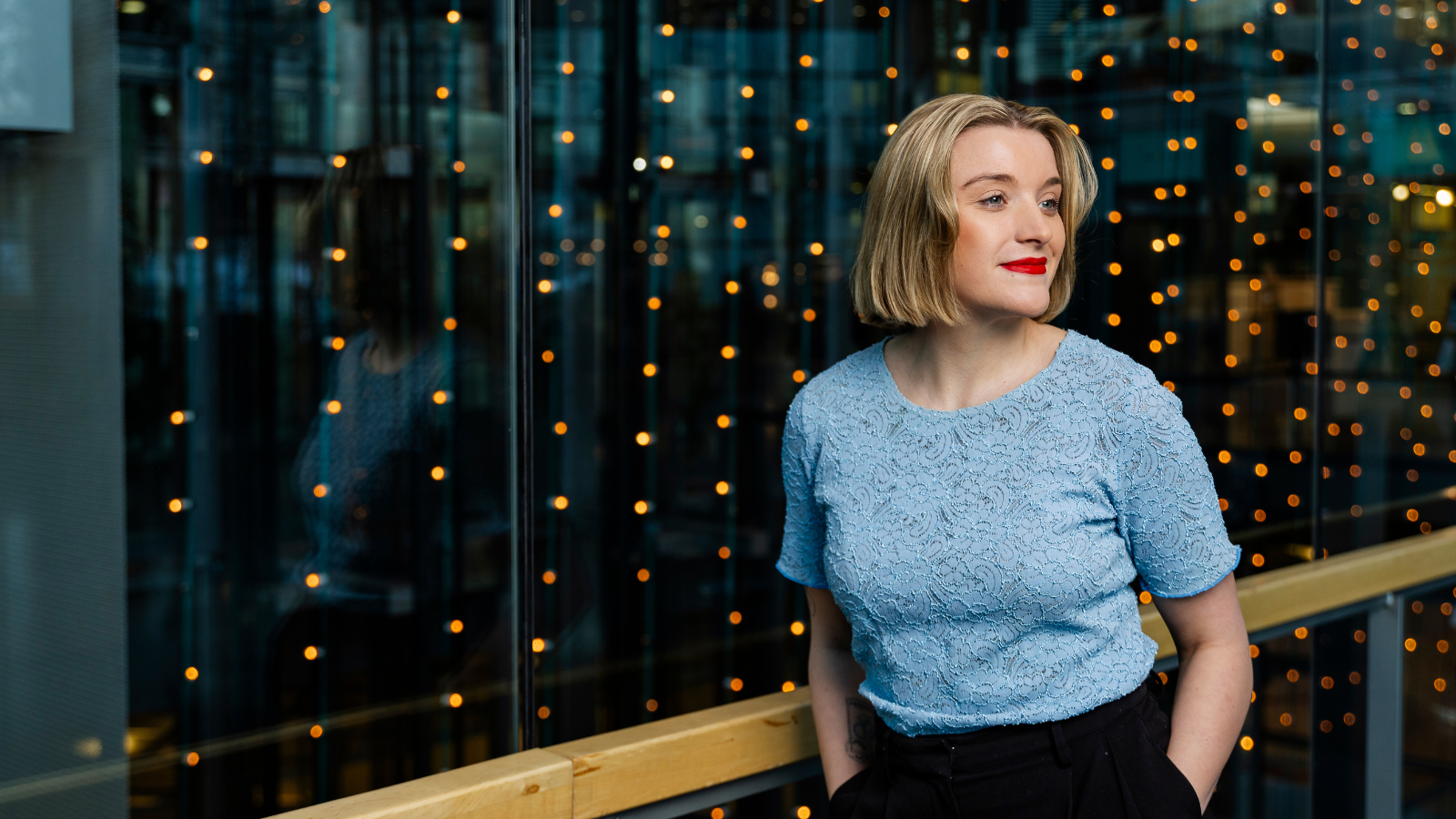A growing number of disabled students are gaining places in publicly funded and other universities in Ethiopia, but the institutions cannot provide them with the support they need. Despite Ethiopia’s commitment to supporting disabled students, means of assistance such as audio books, sign language interpreters and accessible classrooms are often unavailable.
SYL is working on the project alongside the Ethiopian Center for Disability and Development (ECDD) and the Threshold Association (Kynnys ry), a Finnish cross-disability organisation. The project is supporting the participation of disabled students in the universities in question, by establishing or reinforcing the institutions’ services for the disabled. The aim is for the universities to continue providing such services and assistive devices after the project.
The project will soon be finished and we will be able to see what we have achieved in four years. Before that, we would still take a look at 2021. Despite the prolonged coronavirus pandemic and unstable political situation, we achieved a lot last year. We have put together some results from last year:
- Awareness about disability issues was increased in the university management and among students. A total of 200 people took part in training about awareness and inclusion of disabled persons. Training was organised to university administrative staff, those in charge of safety matters, and to students in the three universities that participated in the project. In addition to this training, as many as 1,120 people at another university celebrated successful disabled students and took part in the events organised on the International Day of Disabled Persons.
- Increasing awareness and concrete skills through leadership training. Forty-five leaders in students organisations for disabled persons received training in leadership skills, and 74 student union members participated in training events on inclusion and awareness of disabled persons. Students with disabilities also have their own organisations to help new students to get started with university studies, find out what aids are needed, to help with the bureaucracy and to deal with accessibility issues on courses. Universities taking part in the project had an estimated 120 students with disabilities in a student organisation aimed at them, and work will be continued to encourage students to become active – especially female students representing minorities.
- Events helping higher education students with disabilities starting work or studying. The project also offers students with disabilities mentoring to help with studies and work, and initial training in leadership, applying for a job and, in necessary, sign language, JAWS screen reader or Braille. A total of 361 students* took part in such training in 2021. Students with disabilities have also not have the same opportunities to develop their interaction skills at lower levels of education. This is why they often have poor knowledge of sexual health and their rights. In order to increase self-confidence and awareness, the project also organises training on these themes, and 169 students* took part in training on sexual health, life management and rights of disabled persons in 2021.
- Best practices for supporting students with disabilities were shared between the three universities taking part in the project. During a joint visit and in workshops, representatives of the universities and the students shared best practices to improve the position of students with disabilities. In addition to this, representatives of the universities of Dilla and Jimma met with organisations of students with disabilities to strengthen cooperation.
The project is carried out between 2019 and 2022, with the goal of improving the education and position of students with disabilities so that they can take part in education, complete degrees and find employment like other students. In 2023, cooperation will be continued, with support from the Ministry for Foreign Affairs, in three new universities.
Lotta Ellonen
Member of SYL’s Development Cooperation Advisory Board
* Some of the students with disabilities may have participated in more than one training event, so not all participants are different students.




